Arriving in a foreign country awakens my curiosity. It’s a special kind of curiosity that would slumber if I heard the same language all day, met the same people and tasted the same food.
What characterizes this curiosity is the many questions it asks:
In which way do I have to behave in a new culture?
What to eat to stay healthy?
How do locals see the world?
Listing all these questions is an impossible task as every answer makes three new ones pop up.
At this moment, the special curiosity in my head is wide awake. It’s impatient, always moving, during the night and when the sun is up. Devouring every impression, it tries to understand this foreign culture, these people, their habits and beliefs. Still, it never gets fat, stays hungry and would probably take a few years to be satisfied. This text should not be about eating though, even if the United States of America are the place to indulge in brownies, burgers, and cookies. It’s about how Americans see their own country and how they praise my home continent.
Back in Germany, little people are aware of a concept I like to call “European Worldview” that surrounds them every day. It has to do with strong states that take away responsibilities from their citizens. These responsibilities, including finding health insurance and assuring a good education for your children, are usually unwanted by European citizens. Most take it for granted that “mother state” manages them well. As we know, US-citizens have to take care of such relevant matters themselves. It’s part of a liberal culture that this nation is built upon.
A special kind of conversation
Meeting new people in the US almost follows a default recipe. It starts with an inquiry about the other person’s well-being. This, by the way, is almost unimaginable back in Germany. Habt ihr schon mal einen Unbekannten mit “Hey, na, wie läuft’s?” angesprochen?
The next subject is often where everybody’s from. Knowing most of the US-states is very crucial at this point in order to retain information better.
Hearing the word “Austria” makes most people’s eyes shine. They tell the story of their trip to Vienna last summer, or even their adventures in Salzburg. Americans seem to love Austria, even those that have not been there.
The conversation becomes particularly interesting when the questions “Is it true university is free in your country?” or “You don’t pay for medical bills, right?” comes up. Sometimes it’s also my curiosity that wants to know how people manage to study here. Northwestern University costs not less than 70’000 dollars per year. Other times my curiosity asks what people do when they get sick – if they ever consult a doctor?
What the conversation then does is astonishingly similar in all cases: My new American friend tells me stunning stories about how they have financed their studies. They report how they had no insurance during the last months, how much they pay for it and how little they get.
The short sensational stories are followed by a more philosophical discourse about the state of the country. It’s a long complaint about the educational system that doesn’t teach youth to differentiate functions properly. It’s a story about the fear to call the ambulance that charge 4’000 dollars for a service Uber drivers could deliver. It’s an idea of inequality in this country that makes the American Dream hard to be fulfilled.
I had expected stories like that, but hearing them so directly, hearing them from your new friend you’ve made four minutes ago, makes them a reality.
What’s even more astonishing to me is the fact that all these special conversations end with the same conclusion from my new friend:
“You in Europe have managed this so much better than we do.”
Europe seems to be the place of salvation, a better world. Better education for everyone. Free rides with the ambulance, no need for a Uber. The praise doesn’t end here: Europe has food of higher quality, people live more healthily, they speak a bunch of foreign languages fluently. Their president is no jerk, they don’t just subsidize corn in agriculture, people are honest and loyal.
Wow. I wasn’t aware I left paradise to come to hell. I’m still not, because I see our European flaws being just as big as the American ones. My new friend and self-declared Europe-fan would never believe that last sentence. Just like a Justin Bieber fan would never believe that he’s a bad boy (which I don’t suggest of course).
While my European pride is dancing happily, my foreign curiosity is digesting a feast.
One question comes to my analytical mind: “If it’s so much better, will you move to Europe one day?”.
No, they wouldn’t. There seems to be something stronger than rational arguments and the passion of a real Europe-fan. I like to call it “Home”. It seems to be something quite universal. It’s this feeling in my belly when I see mountains outside of my window. For Americans, it probably includes this feeling when they put Ice Cubes and Coke into their paper cup. We should all honor each other’s definitions of Home. This way, the curiosity in our heads understands and understanding paints a smile on its face.

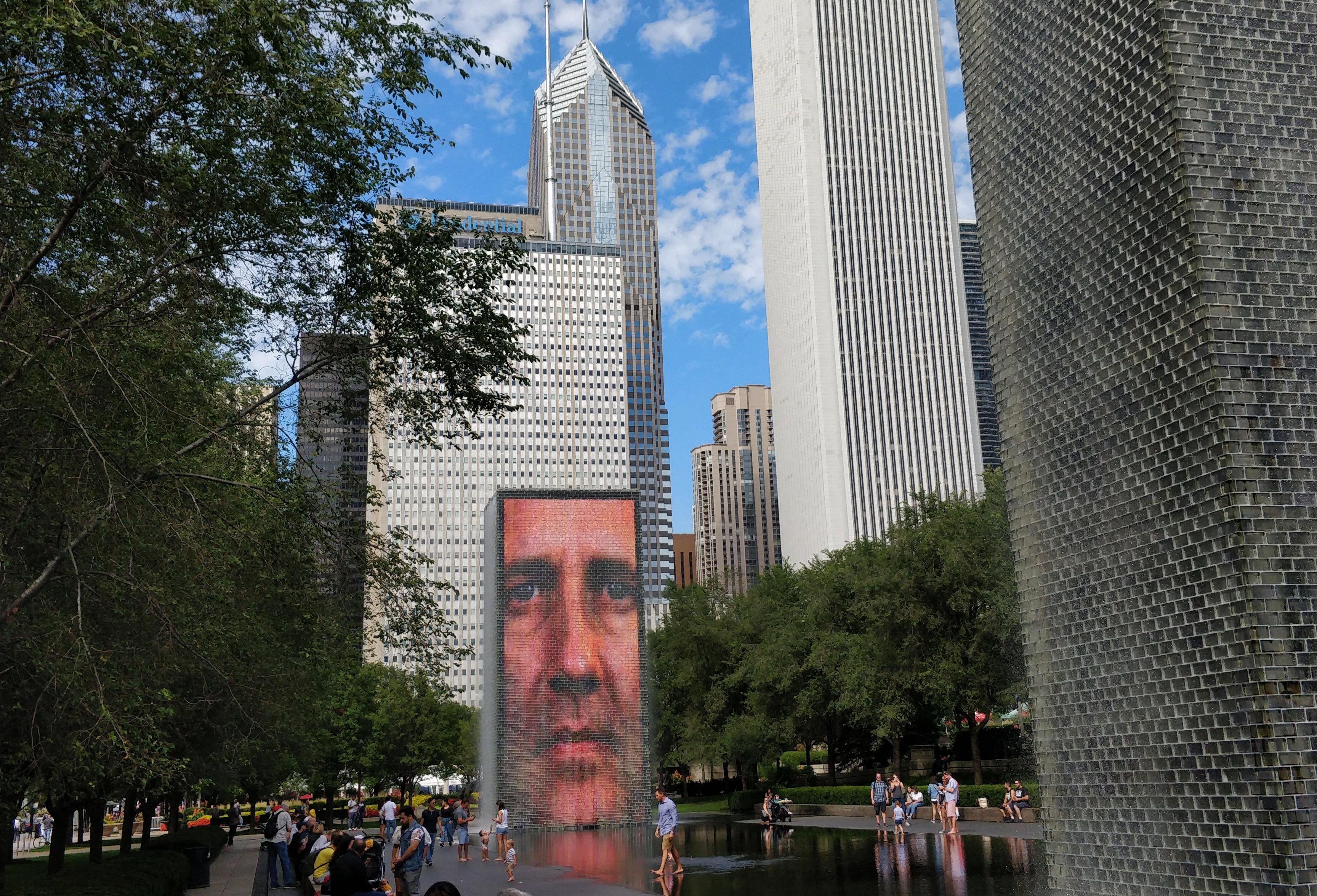
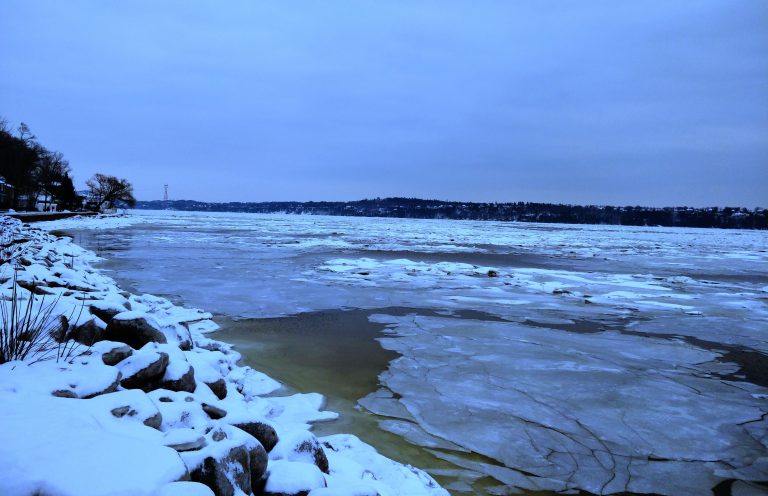

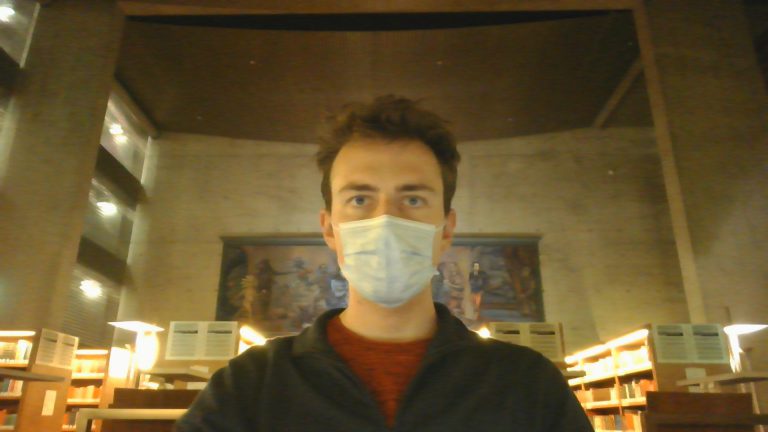
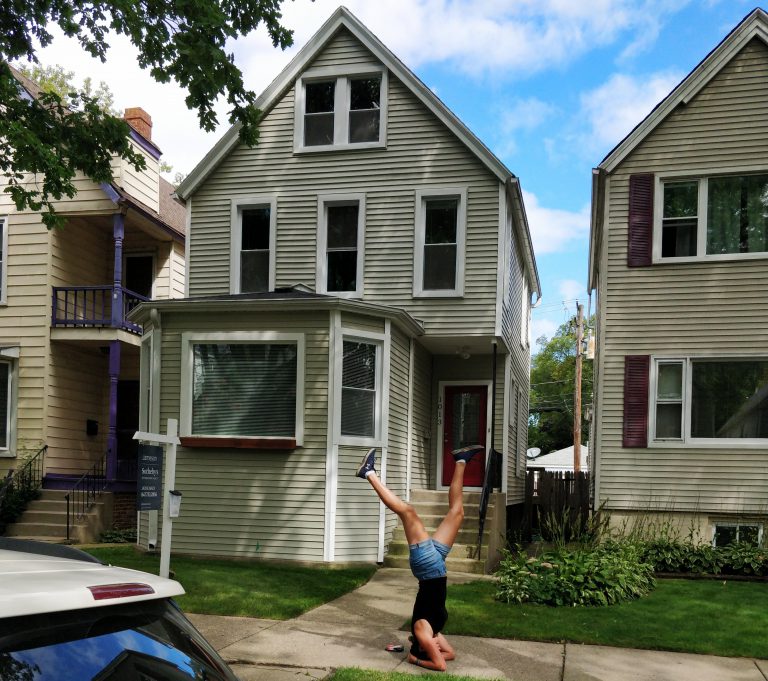
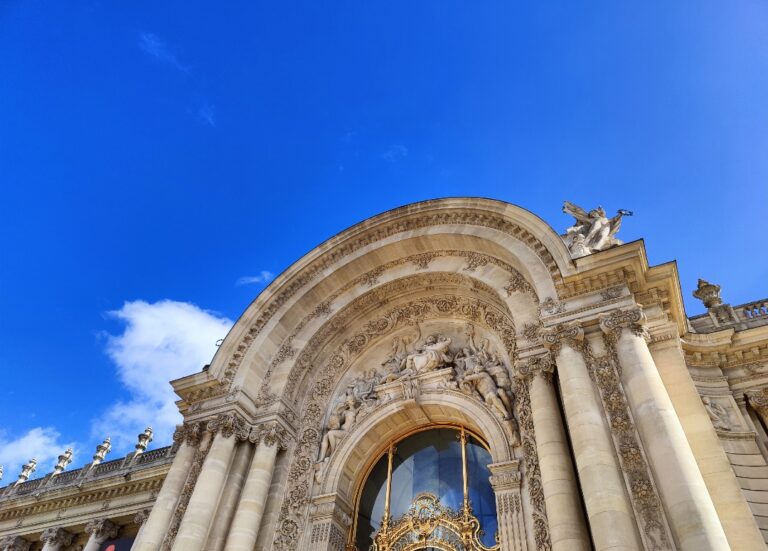
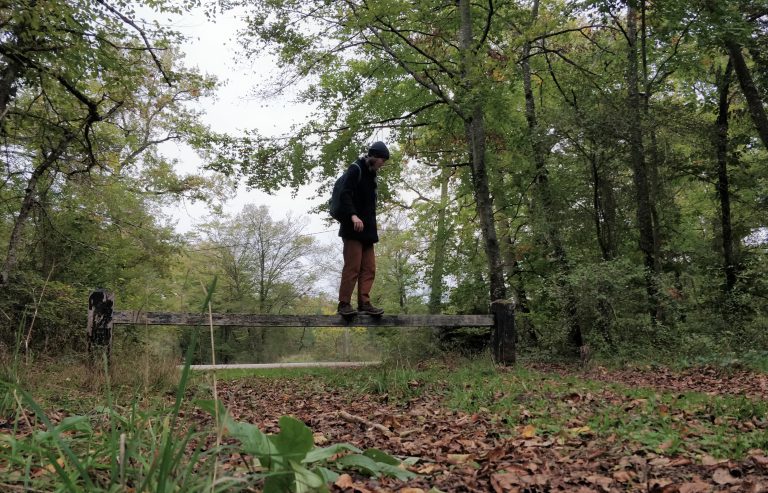
You’re such a legend, Jakob hahah. It seems I have made mildly different experiences.
Anyhow, Team TUM in the US!
Interesting thoughts! Care to elaborate on the flaws you see in the European countries? I’m interested in your perspective.
Have a great time in the States!
Hey Tom, thanks for your comment!
Two major flaws that come to my mind are conservativism and a mindset of privilege.
Firstly, Europe always seems slow and passive to me when it comes to topics like innovation, reforms, and flexibility. Most countries do still have very conservative governments and seem reluctant to collaborate on EU level for faster answers to global problems. In my eyes, our generation requires spontaneous, flexible states that can react to threats and anticipate developments in our ever faster-evolving world.
Secondly, my impression is that most of us Europeans feel like we deserve the privileges of our continent. Looking at climate change and global poverty, we not only ignore such issues but don’t even appreciate not feeling the impact. This is no better in the US I suppose. What stands out in Austria and Germany, however, is what I call the culture of complaint: People worry and complain a lot, while we should feel grateful instead.
What’s your take on this?